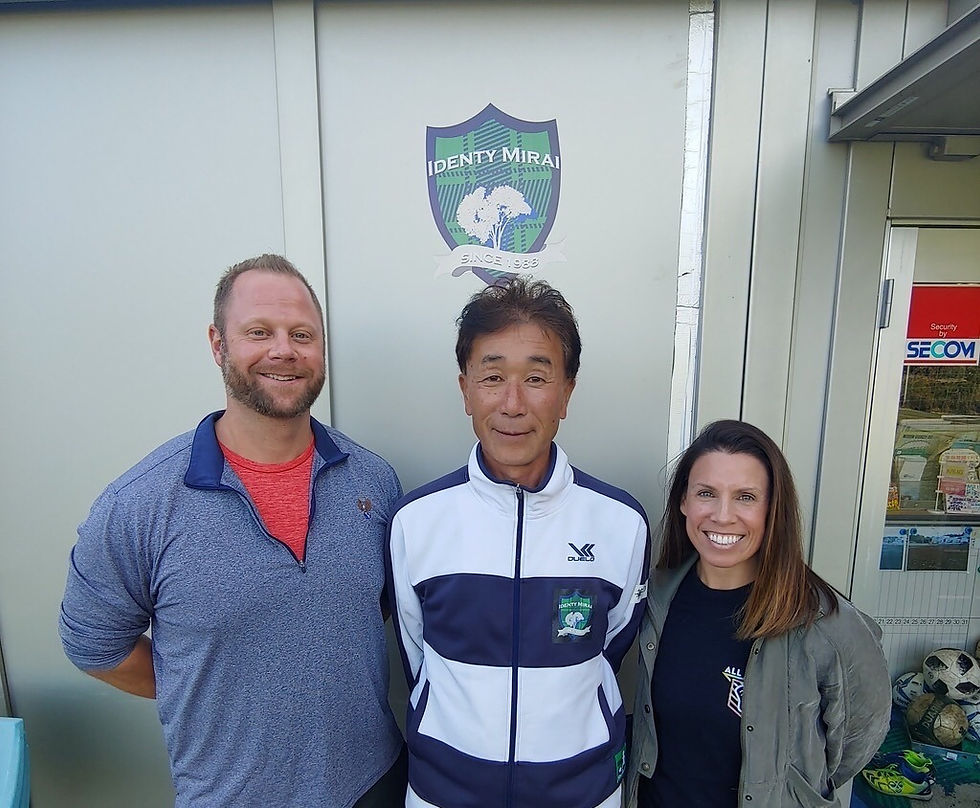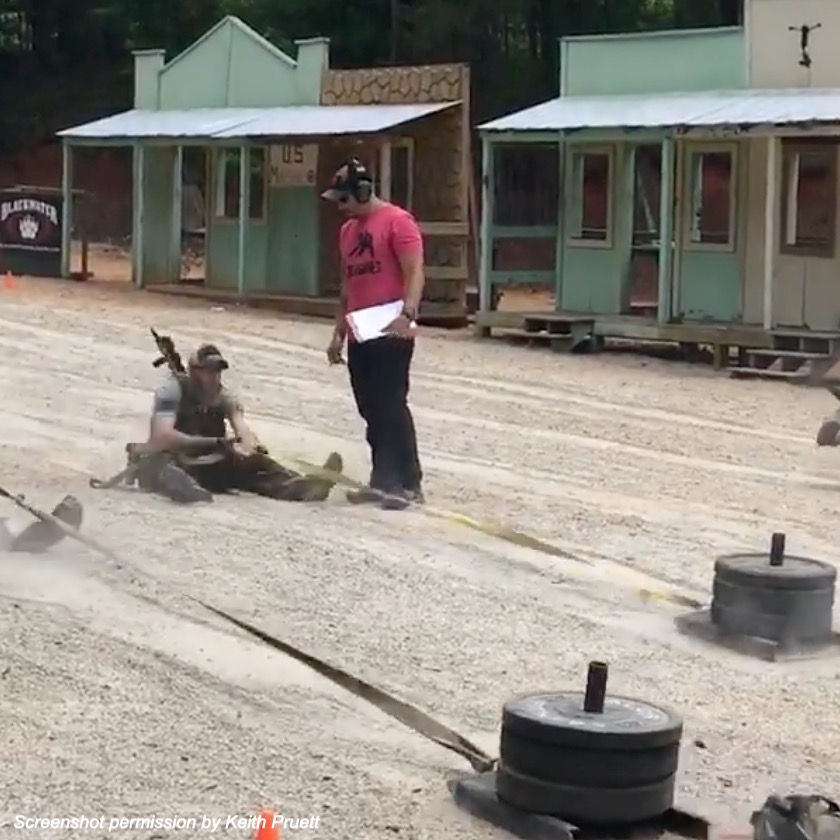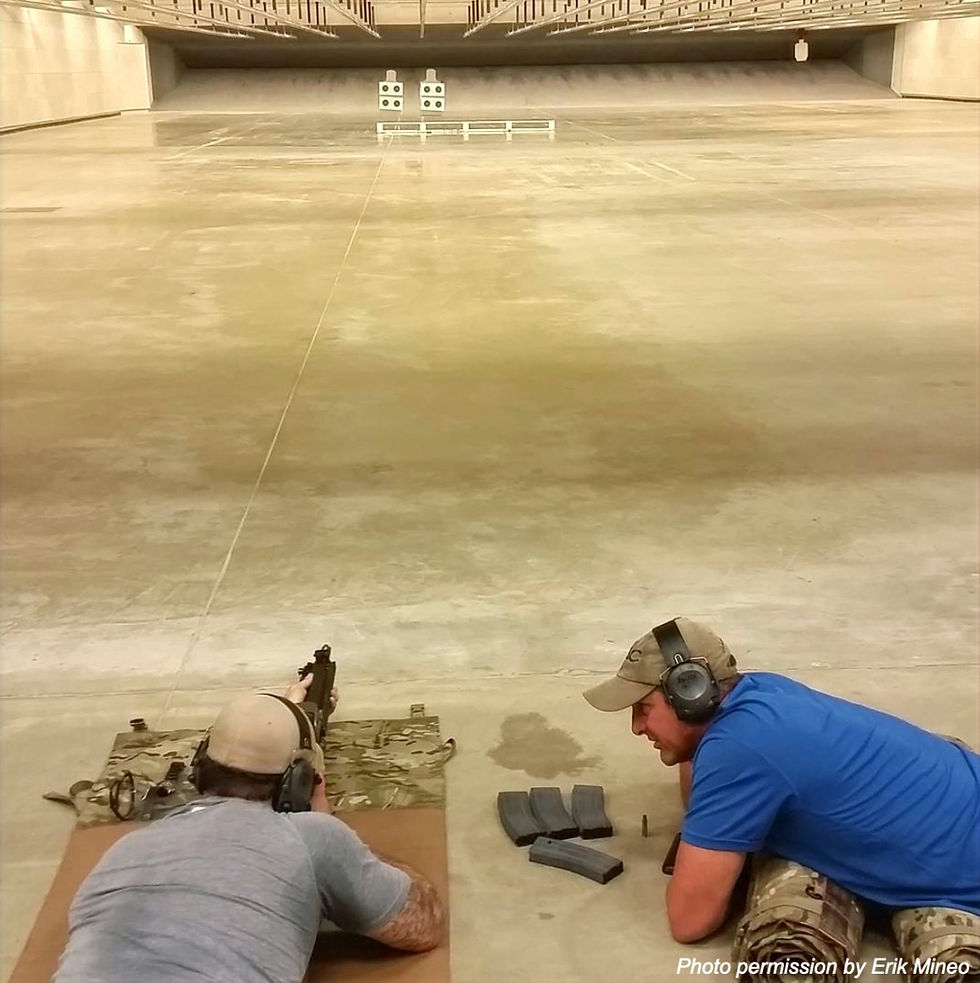- Alpha Echo Project

- Jul 15, 2020
by: Alexis Brandolini
This is Tomita. He is Japanese. He is also a Coach for the Identy Mirai soccer club.

Erik and I set off to Japan in search of understanding sports in different cultures around the world. The chance to learn from a lifelong coach in a culture that esteems the notion of Mastery was the opportunity of a lifetime. Despite our language barrier, I learned a lot from Tomita san. (The word "san" is used after a name to show respect.) He referred to the "traditional" coaches and how they don't connect with their players' motivations and learning styles. That they use more of a hierarchical approach where coaches give orders and athletes obey. To question authority is of utmost disrespect. "Tomita san, what is your coaching philosophy?"
Humbly, he seemed to feel that to have a coaching philosophy would be too brash. As I reflect, I think perhaps the way he replied would suggest that a coaching philosophy would be too close-minded for him (and essentially is closer to what that very "traditional coach" does.
So how did Tomita san come to this approach to coaching?
Where did he learn to seek out connection and feedback from players?
In a setting like Erik and I had been in all week, we'd noticed this culture of respect and honoring tradition and law was palpable, so even the way we approached Tomita san in this comfort zone sports setting was something we prepared for, thanks to my dear friends Takako san and Masumi san (in the photos).
Tomita san seemed to have a certain glow about his face as he recalled his earlier days in coaching. He told us about moving to Germany to coach an international club team there (impressive move, to say the least). This was an early exposure to a different style of play and a different perspective on sports and teams and coaching.
At one point, he started coaching young kids, a mere 5 years of age.
This, Tomita san said. This is where his coaching and connection to players really found a new paradigm. Tomita san started coaching these kids in his usual way and quickly learned they were not at a point in their development where they followed a coach's orders. Discipline did not exist in their world.
Tomita san realized he needed to shift his style to meet their language, their attention, their desires to explore. He would teach them the game through PLAY. Instead of a stern approach with drills, he smiled and laughed and made games of the movements. Just learning how the ball moves off the feet -- these are fundamentals that kids are grasping through their own play, their own immediate feedback of trial and error.
And Tomita san discovered a love of sport.
He set a standard for learning and thriving, for both his players and himself.
And everyone wants to play for his team or work for his organization.
What a wonderful way to win.














